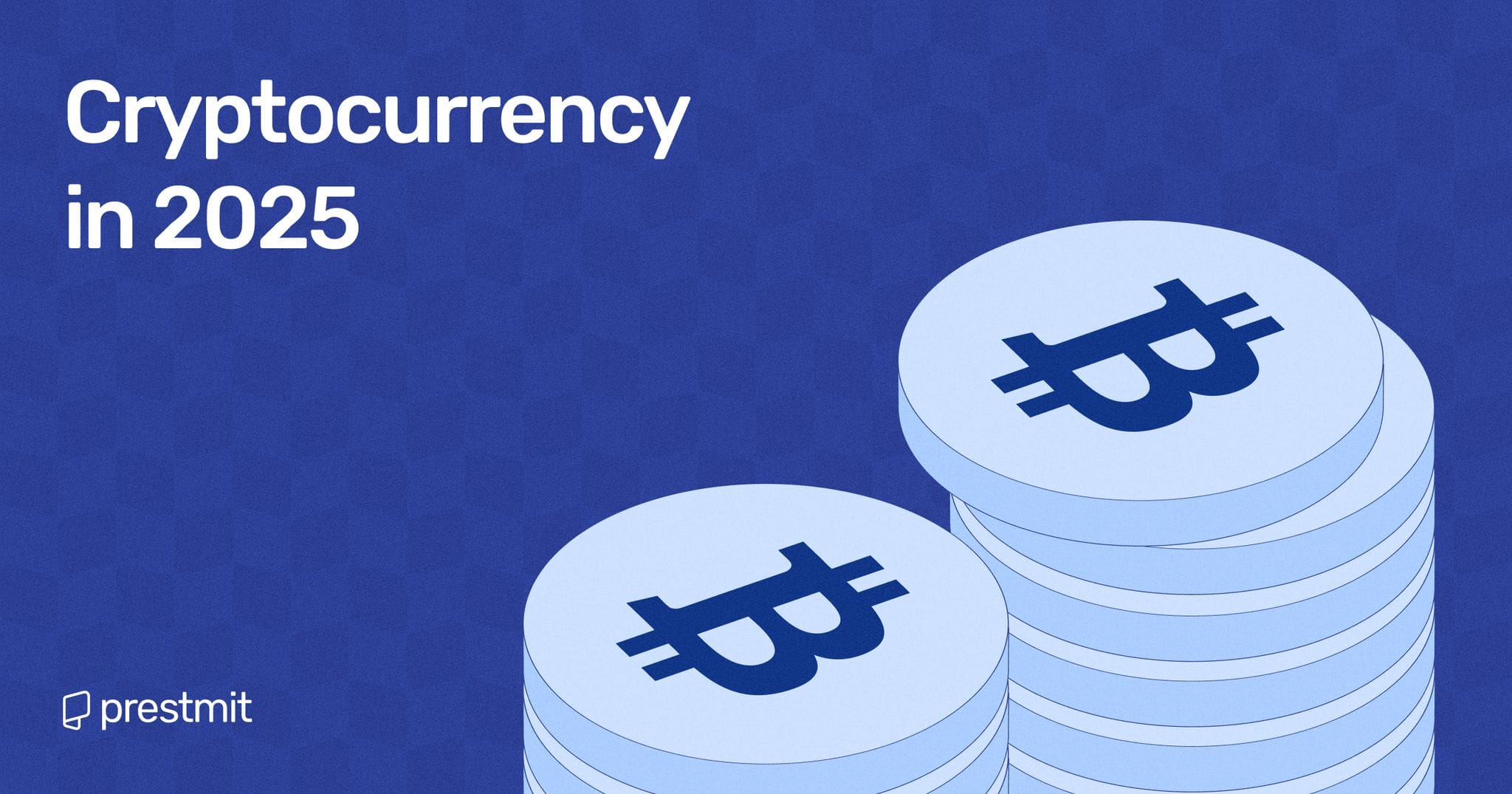
The Ethical Dilemma of AI Licensing Deals
In recent times, the tech industry has witnessed a surge in AI licensing deals that have raised concerns about the protection of personal data. The $60 million agreement between Reddit and Google has set a precedent for data licensing practices, especially for content platforms that lack clear legal protections for user data.
The Impact of Data Scraping on AI Models
Major tech companies like OpenAI and Google have been heavily reliant on data scraping to train their AI models. However, this practice has led to a series of copyright infringement lawsuits, highlighting the legal challenges associated with AI training.
The Rise of AI Licensing Agreements
Cash-rich tech firms are increasingly entering into licensing agreements with platforms to access proprietary data for AI training. The recent Google-Reddit deal, valued at $60 million, signals a potential boom in AI licensing across content platforms.
Legal Ambiguity and User Protection
Despite the growing trend of AI licensing deals, many content platforms have vague agreements on data protection, leaving users with limited legal recourse. This lack of transparency raises questions about the ethical implications of data sharing for AI development.
Understanding the Motivations Behind AI Licensing
The push for AI licensing deals stems from the financial pressures faced by content platforms, such as social media companies and news publishers. Reddit’s CEO, Steve Huffman, expressed concerns about revenue losses due to unauthorized data usage, prompting the platform to explore licensing options.
Balancing Data Security and AI Innovation
The accessibility of social media content for AI training raises concerns about data security and user privacy. While AI companies recognize the value of user-generated content for model improvement, the potential misuse of personal data remains a critical issue.
Safeguarding User Data in the AI Era
The broad and often convoluted Terms of Service agreements on content platforms underscore the challenges users face in protecting their data. Legal experts advise caution when sharing information online and recommend using encrypted services to mitigate data privacy risks.
The Call for Ethical AI Training Datasets
Recent developments, such as Fairly Trained’s certification of a copyright-free language model and the creation of AI training datasets from public domain text, offer hope for ethical AI development. These initiatives signal a shift towards more transparent and responsible data practices in the AI industry.
Ensuring Data Privacy in AI Partnerships
Reports of user data sales to AI firms like Midjourney and OpenAI raise questions about the ethical implications of AI training datasets. As the debate on data ethics intensifies, calls for stringent regulations to protect user privacy and prevent data misuse grow louder.
Conclusion
The evolving landscape of AI licensing deals underscores the need for robust data protection measures and ethical considerations in AI development. As technology continues to advance, ensuring transparency, accountability, and user consent in data sharing practices will be crucial for fostering trust and innovation in the AI industry.















